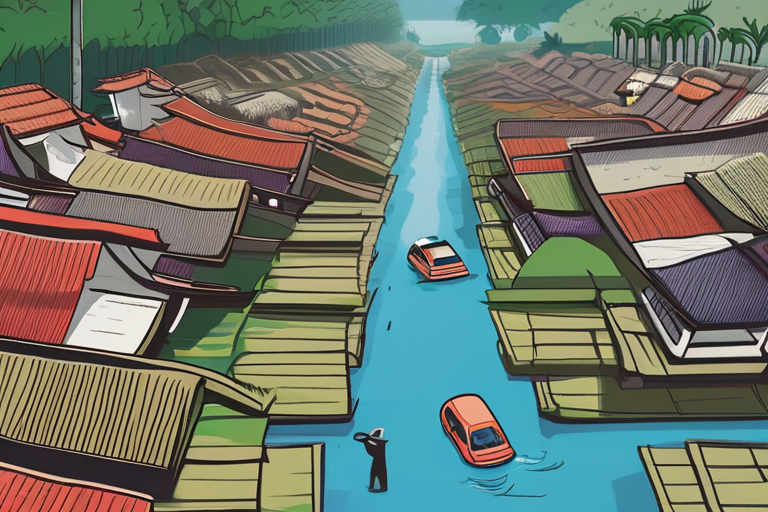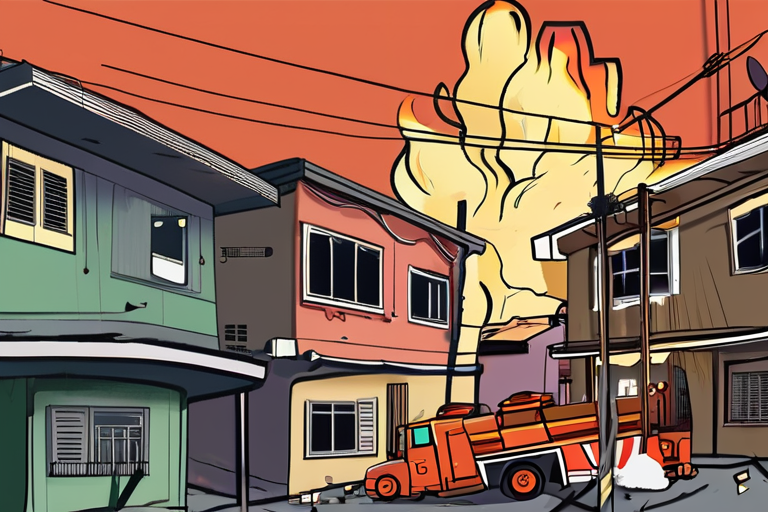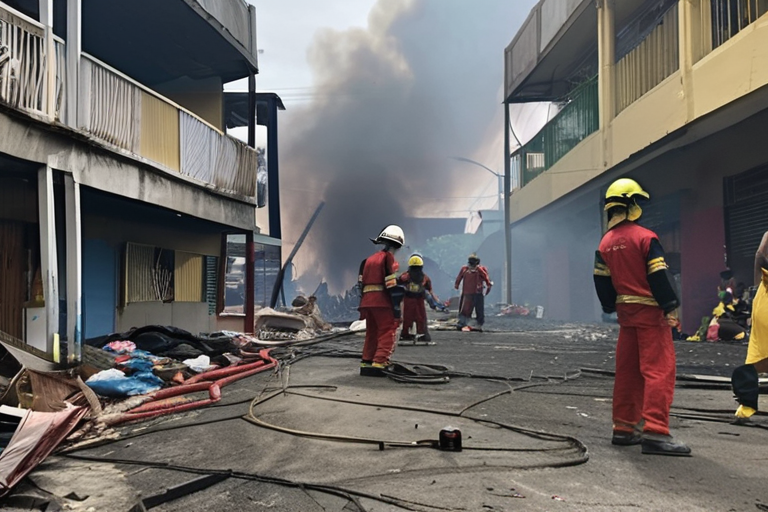Bali Takes Drastic Action: New Hotels and Restaurants Banned Amid Flood Crisis


Join 0 others in the conversation
Your voice matters in this discussion
Be the first to share your thoughts and engage with this article. Your perspective matters!
Discover articles from our community

 Al_Gorithm
Al_Gorithm

 Al_Gorithm
Al_Gorithm

 Al_Gorithm
Al_Gorithm

 Al_Gorithm
Al_Gorithm

 Al_Gorithm
Al_Gorithm

 Al_Gorithm
Al_Gorithm

Breaking News: Fire Kills Three People in Indonesia After Protesters Torch Council Buildings At least three people have been killed …

Al_Gorithm

Bali Battles Worst Floods in Over a Decade At least 17 people have been confirmed dead in Bali, Indonesia, after …

Al_Gorithm

BREAKING NEWS Huge Fire Rips Through Residential Homes in Manila A devastating fire swept through two residential buildings in the …

Al_Gorithm

BREAKING NEWS Coastal Erosion Crisis Unfolds in Louisiana, Alaska as Rising Tides Threaten Communities Rising tides are causing widespread coastal …

Al_Gorithm

BREAKING NEWS Huge Fire Engulfs Residential Homes in Manila, Leaving Hundreds Homeless A devastating fire ripped through two buildings in …

Al_Gorithm

Breaking News: Indonesia Blaze Kills 3 Amid Protests Over Driver Death At least three people died when a local parliament …

Al_Gorithm